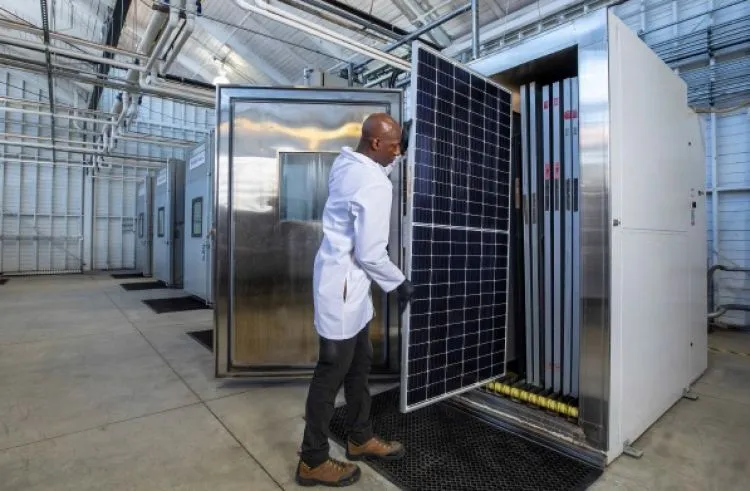PVEL adding new solar module testing regimes including backsheet durability and LeTID sensitivity
Aug 29, 2019 08:53 AM ET

PV Evolution Labs (PVEL) is including a number of key module reliability tests to its PV Module Product Qualification Program (PQP) that is more responsive to downstream market needs.
PVEL is adding new testing regimes that address growing concerns surrounding Light and elevated Temperature Induced Degradation (LeTID) sensitivity.
However, PVEL will also be addressing long-standing issues surrounding PV module backsheet durability as well as solar cell microcrack susceptibility.
PV Tech recently highlighted that DuPont Photovoltaic and Advanced Materials latest ‘Global PV Reliability Study’ which focuses on field inspection and analysis of 6.5 million modules backsheet material, noted defects have increased by a significant 47% from the 2018 report.
PVEL noted that it had updated every single sequence in its PQP in at least one area.
PVEL is also reducing the total number of PV module samples required, while reducing testing times by 25% for tests such as thermal cycling to provide faster reporting while maintaining data quality and integrity. This is partly achieved by a better intake and characterization processes, according to the company.
PV Tech undertook a detailed analysis of PVEL's 5th Edition of its PV Module Reliability Scorecard in partnership with DNV GL, noting tougher testing regimes to address limited insight into failures from standard test.
Also read

